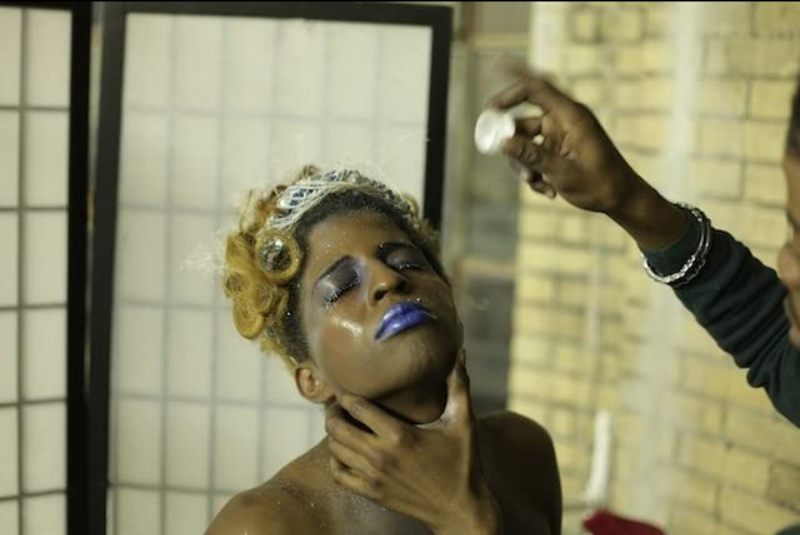Pier Kids, the latest doc from Elegance Bratton (executive producer and creator of Viceland’s My House) captures both the struggles and the joys of three queer and trans youth who make their home on NYC’s Christopher Street Pier. Currently in production on his upcoming narrative feature The Inspection, an autobiographical story starring Jeremy Pope and Gabrielle Union, the director himself spent a decade living on the streets before finding filmmaking while serving as a US Marine. (Bratton then went on to earn degrees from NYC’s notorious gentrifying institutions Columbia and NYU.) In other words, Pier Kids, which made its US broadcast debut on August 2nd on PBS’s POV, paints a loving and respectful insider’s portrait; while also managing to be a cinematic clarion call urging us to bear witness to the unhoused hiding in plain sight. (Except of course when they’re being heavily policed. And ironically in this case, in the West Village and on its waterfront – historically safe spaces for LGBTQ+ youth ever since the Stonewall Uprising supposedly put an end to such injustice.)
And while the film focuses on Casper, Desean, and Krystal as they weave their own safety net in the face of hostile forces (which also includes a sadistic government policy that causes Desean to consider contracting HIV just so he can more easily access the assistance he so desperately needs), the environment they inhabit reveals an important parallel drama. It’s the familiar urban tale of what happens when rich white liberals – many of them gay themselves, in yet another sadly ironic twist – invade historically safe spaces and then turn around and deem the original refuge-seekers the invaders. An account of what occurs when a long-ignored (by the powers that be) public gathering place is suddenly transformed into a beautiful “family-friendly” green park. Not for the benefit of any human being per se so much as for that of business interests, to attract those ubiquitous multimillion dollar condos (many of which house no one). Which of course has the added capitalist benefit of repelling the marginalized.
As Bratton recently noted in a press statement, “People died during the making of this film… People were gay bashed and assaulted by police. People also just plain disappeared. It is important that the world know their stories so that these injustices stop. I am making this film to honor the legacy of this historic safe space for Black and brown queer people. I made this film as a way to help Black families understand what happens to their queer children after they’ve been kicked out. Most importantly I made this film to redirect the modern gay rights movement in support of the people who started it, Black and brown homeless queer youth.”
And yet Pier Kids also unexpectedly shows that society’s most vulnerable are often the ones most capable of staging an act of righteous resistance; a refusal to leave that echoes the very message of Stonewall. Indeed, this extraordinary film and its titular protagonists have universal lessons for us all. If only we’re willing to watch, to not look away and to listen.

